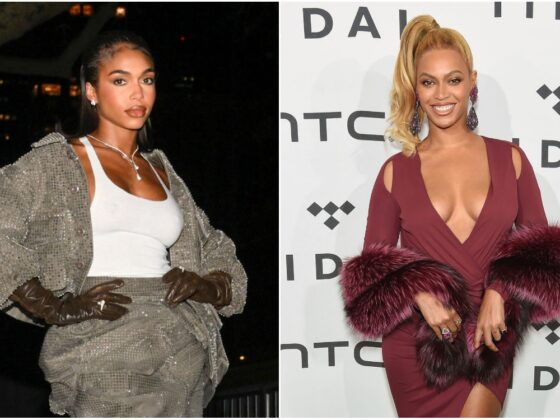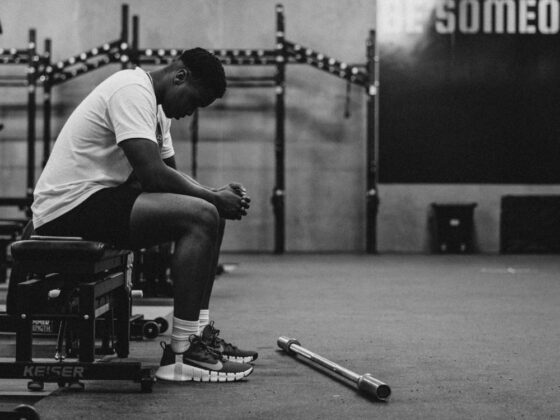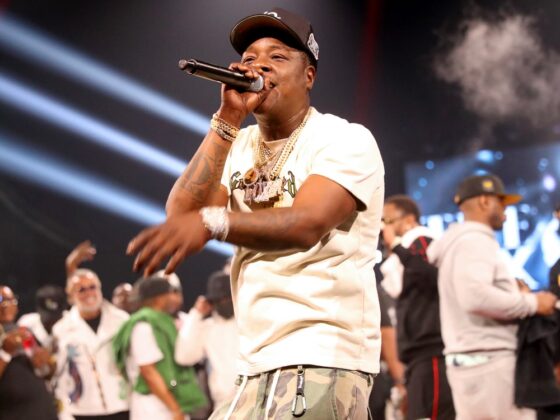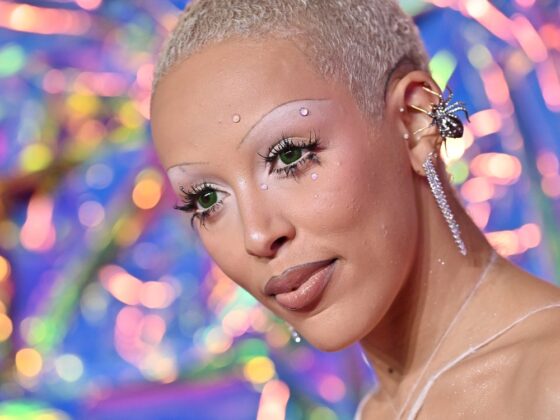The 13th day of Sean “Diddy” Combs‘ federal trial reopened with dramatic courthouse events, most notably surrounding the Mia cross-examination, a focal point for both the defense’s case and the prosecution’s narrative. The day began with fresh grievances from the defense over limited access to Combs outside court time, an administrative issue still contested despite the solid nature of the case.
Defense attorney Marc Agnifilo again raised complaints that his team is not adequately able to prepare with Combs, referencing the impropriety of his holding cell for reviewing exhibits or case documents. U.S. District Judge Arun Subramanian did authorize some concessions, allowing 90 minutes of morning prep time and an additional 2.5 hours post-trial. The judge cautioned, however, that the court was already pushing the U.S. Marshalls Service and recommended that the defense be given more leeway than run-of-the-mill federal defendants.
The logistical impasse reflects the celebrity nature of the case and Combs’ complex defense needs but signaled that Judge Subramanian would not permit any further give-and-take.
Mia’s Continuing Testimony: Emotionally and Grisly
“Mia” sat on the witness stand in a cream-colored blouse and white jacket, proceeding on direct examination before turning to cross. Her testimony brought further evidence into the inner worlds of Combs’ personal and professional lives, a universe that she characterized as volatile, psychologically manipulative, and sometimes violent.
A 2015 WhatsApp message was read out in court wherein Mia had labeled Combs as mentally ill. According to her, at that time, she feared for her career and safety because any misstep in following Combs’ instructions could lead to termination or being mistreated.
Jurors caught a glimpse of what prosecutors insist was a deeply poisoned environment, one in which controlling behavior, mood swings, and explosive tantrums were the norm. One vivid text exchange was created in which Combs sent “Call me now” seven straight times, a moment prosecutors appeared to latch onto as evidence of compulsive control.
Disillusionment and Going Beyond Revolt Films
Mia described her emotional fallout in 2016 after being informed that Combs had no further desire to be involved with Revolt Films, where she was a director. The fall-out led her to hire an attorney specializing in employment law, eventually receiving a $400,000 settlement, half of which paid for legal expenses. The encounter was described by prosecutors as one of manipulation and betrayal, shrouded in a disagreement over a working relationship.
This testimony stood out because it foreshadowed later interactions. Mia testified that Combs attempted to reach out to her once again after the lawsuit brought by Cassie Ventura became known, for the sake of jogging his memory. She stated she did not respond because she was afraid, and directed jurors who believed Combs was seeking to establish whether or not she posed a threat.
Defense Strategy: Undermining the Narrative
As the Mia cross-examination began, the defense turned to presenting an alternative narrative, one with flashes of friendship, partying, and even reverence between Mia and Combs. Defense lawyer Brian Steele used photos, videos, and social media updates in a bid to disprove her version.
Among that evidence brought forth was a picture from the 2013 Burning Man festival, where Mia was standing next to Combs. Added to that were comedy sketches, emails, and affectionate statuses calling Combs a “mentor” and “inspiration.” The defense asked Mia why she would be so positively associated with one she now claims abused from. Her response was based on survival: she clarified that she felt a need to give a face of support to Combs in public, even when internally disturbed.
Additional posts and messages surfaced during cross-examination, including a widely shared birthday tribute where Mia referred to Combs as a “legend” and thanked him for “showing her the path to Pluto and beyond.” In another exuberant Instagram caption from late 2016, she called him a “coolest alien rockstar unicorn pizza slice” and added “we f—— lovvvve you,” a post the defense presented to underscore their argument that Mia once held Combs in high regard.
Mia said she had learned to compartmentalize trauma, often pushing down memories in order to cope. She explained that on nights like Combs’ birthday, which coincided with the anniversary of an alleged assault, she simply “shut it down” emotionally, trying not to let herself think about the past.
She said everyone on Combs’ team was expected to post glowing tributes and that social media often reflected curated joy rather than pain. She described herself as a people pleaser and rule follower, someone who always tried to avoid conflict.
When defense attorney Steel questioned whether Mia may have exaggerated or misremembered events, including nonconsensual encounters, she stood firm. “Everything I said in this courtroom is true,” she repeated. She added that she blamed herself for the trauma, calling that a misguided survival mechanism she was only now beginning to understand through therapy. She told the jury her coping mechanism had long been self-blame, something she is now “unraveling” in therapy, and emphasized how victims were conditioned to believe they were at fault.
When asked directly if she ever feared for her life, Mia answered unequivocally: “Yes.” She added that her “trauma brain” overrode logic, and she had become numb to the abnormal, accepting volatile and violent behavior as part of daily life. She said Combs sometimes acknowledged wrongdoing after violent incidents, telling her “I need help.”
Another text shown in court came from December 6, 2016, when Mia learned she had been let go from Combs’ team. In it, she texted Combs’ chief of staff that she felt like ending her life, saying, “I’m going to kill myself, my life is over.” She wrote that she was “so heartbroken” she “couldn’t breathe.” The defense suggested this may complicate her claims of long-term abuse.
Kristina Khorram, the recipient of the text, reportedly tried to comfort Mia, which the defense may use to cast doubt on the severity or consistency of Mia’s allegations.
Court Break and Next Steps
Judge Subramanian dismissed jurors for the weekend, instructing them to avoid any outside discussion of the trial or media exposure involving Combs’ name. Mia’s cross-examination is set to resume Monday, signaling even deeper scrutiny ahead.
Meanwhile, President Trump was asked whether he’d consider a pardon for Combs. Though he claimed not to be closely following the trial, Trump said he’d “look at the facts” if approached, referencing past pardons of high-profile celebrities. Trump, who once called Combs “a good friend” during a 2012 episode of The Apprentice, said he hadn’t spoken to him in years.
As the defense continues to dissect Mia’s narrative, the courtroom remains gripped by the tension between public images and private allegations. How jurors process these dualities, trauma versus public celebration, could prove pivotal in the outcome.











